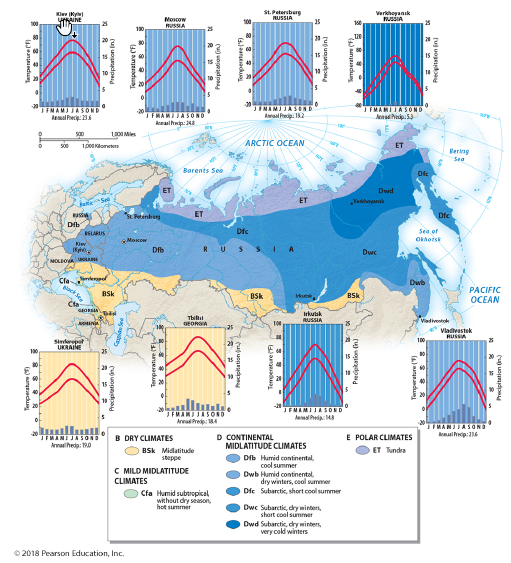What are epidemiological studies, and what is their value? Are there any disadvantages to epidemiological studies?
What will be an ideal response?
Epidemiological studies involve large-scale comparisons among groups of people, usually contrasting a group known to have been exposed to a toxicant with a group that has not. They allow for the risk of exposure to a toxicant to be determined. They are realistic, but a long time is required for the results of the studies to be determined. Furthermore, they do not address future effects of new products. Results of epidemiological studies must be interpreted cautiously because many factors affect health, and results do not determine cause and effect; they only measure statistical association.
You might also like to view...
What is the dominant climate type in the Russian Domain?

A) mild mid-latitude
B) continental
C) Mediterranean
D) polar
E) dry
The world's largest urban area, with approximately 36 million people is ________
Fill in the blank(s) with correct word
List the main types of fog, and then briefly explain how each one forms. Where might you expect each of these different types of fog to form?
What will be an ideal response?
Approximately how fast does groundwater move beneath the surface of the Earth?
A. a few kilometers per day B. a few kilometers per hour C. a few meters per day D. a few centimeters per day